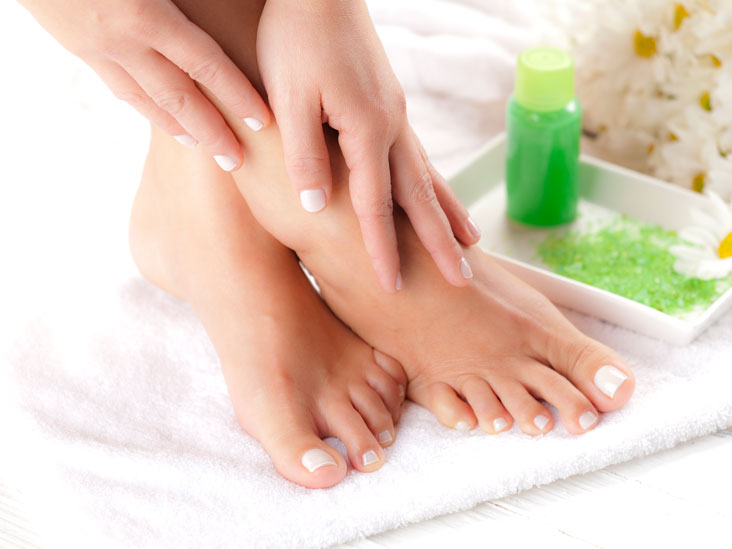
Questions to Ask Your Podiatrist for Your Diabetic Foot
Diabetes is a significant medical condition that needs to be controlled by your attending physician at all times. Some people may not think they should inform a foot and ankle specialist Orange County about this condition, but they should.
You might be surprised to learn that diabetes affects more than only your heart, eyes, and kidneys, if left untreated, it can eventually necessitate amputating your lower extremities.
In reality, diabetes has a significant negative influence on your feet, thus a podiatrist should be on your list of regular doctors for your visit.
Here is a list of topics you should cover at your appointment with an Orange County wound care podiatrist if you have one booked to talk about your foot health:
1. What must I do to prevent any foot complications?
A few things doctor may suggest and they are as follows:
- Wearing socks and shoes
- Daily foot exams
- Controlling your blood sugar levels
- Temperature monitoring.
He or she will create a program specific to your needs.
2. How will temperature monitoring regularly protect my feet?
Clinical studies have shown that temperature monitoring can prevent up to 87% of foot ulcers and amputations. Diabetes patients who also have nerve impairment can benefit from diabetic socks.
3. How often should I visit for an appointment?
Your doctor at wound care Orange County can suggest that you visit more frequently than once a year depending on your blood sugar readings, foot examination, medical history, and lifestyle.
4. What should I take care of my feet every day?
Wearing socks, performing a daily foot exam, and other preventive measures may be advised by your doctor.
5. What should I do if I ever notice any problem with my feet?
If you do find a foot issue, it is crucial to discuss what to do with your doctor. Even a small blister might develop into a significant problem.
6. What home care tips I can follow for preventing foot complications?
To assist you to avoid foot issues, your doctor could recommend a few at-home foot care techniques.
7. Is there any specific footwear that I should wear?
Consult your doctor for advice on the kind of socks, shoes, and compression garments that will best assist you to get the support you require.
8. What do any skin changes indicate?
Diabetes frequently causes the feet’s skin to become dry and cracked. Open sores that won’t heal could develop as a result of the damaged, peeling skin. Make sure to discuss this at your appointment.
9. What do changes in feeling in my feet mean?
Due to a disease known as neuropathy, several diabetes patients experience numbness or tingling sensation or even lose feeling their feet.
10. Whether calluses and corns things to be concerned about?
Those without diabetes may find it relatively easy to treat corns and calluses. But it is best to leave diabetics to the callus treatment.
Because of the heat, feet are more likely to develop calluses and fungus infections in the summer. If fungal infections like athlete’s foot and calluses are not properly treated, diabetics may experience serious complications.



